The unique form of cultural interactions experienced in Manipur in the backdrop of armed conflicts, ethnic conflicts, demographic transformation and even globalization is still grossly neglected though the forms of cultural interactions arising out of the new world order have been addressed substantially and extensively since the early 90s. Streams of migrants came to this state in different phases of history. The state, thus, has experienced the assimilation of the people of South Asia, Central Asia, Eastern Asia, South-East Asia in general and the Aryan culture, the Tai culture and the Mongoloid culture in particular. Many religions viz., Hinduism, Buddhism, Islam and Christianity transformed the social and religious practices of the state in a remarkable way. At the same time the emerging socio-cultural elements were also transformed to adapt to the earlier socio-cultural environment of the state like traditional animism, heliocentric and different tribal cults. During the post-independence period, the cultural interactions took a new turn. Development incentives viz., establishment of industries, commercialization of agriculture, expansion in transport and communication, etc., transformed the economy, polity, society and even the demographic composition of the state. Entrepreneurs, corporates, businessmen, laborers and even refugees migrated into the state in large numbers thereby resulting in a change in the demographic composition of the state. However, the economy of the state remained more or less backward and agrarian, with consumer items and other modern amenities of life coming from other developed areas. Against this backdrop the indigenous people, who have lost their past tradition, resort to measures to assert their own identities: economic and political identities in general and cultural identity in particular. These measures took many forms e.g., armed struggles, ethnic and communal conflicts and even the ‘culture war’ against the ‘alien’ cultures. This development is particularly evident in Manipur. It is at this juncture that, the impact of globalization produces new forms of cultural interactions in the state. These new cultural interactions, which is mainly through the media, both print and electronic media, erode the traditional values and practices. This present compiled work addresses the neglected theme of various forms of cultural interactions experiencing in Manipur since early historic times to the present day globalisation. Traditional cultural values of Manipur, colonial impact on cultural values of Manipur, religious movements and cultural synthesis in Manipur, and globalization and cultural interactions in Manipur are the sub-themes addressed in this volume.
Globalization and the Changing Scenario of Cultural Interaction (Manipur Experience)
In stock
Free & Quick Delivery Worldwide
reviews
Bibliographic information
Title
Globalization and the Changing Scenario of Cultural Interaction (Manipur Experience)
Author
Edition
1st ed.
Publisher
Akansha Publishing House, 2007
ISBN
8183700853
Length
xiv+162p.
Subjects

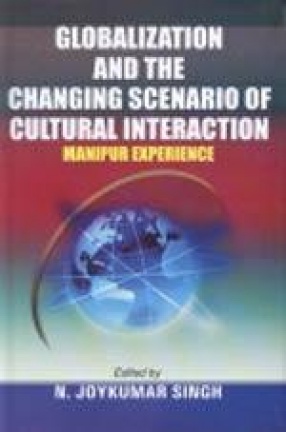
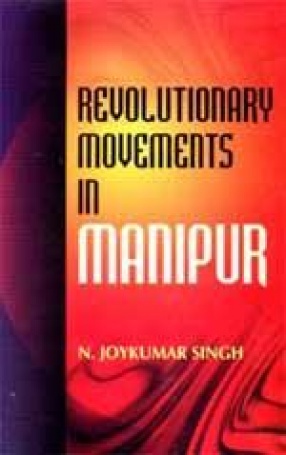

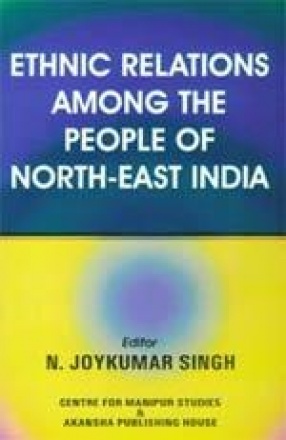
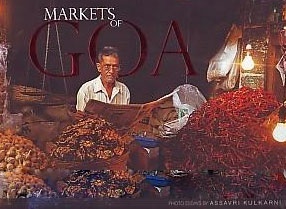
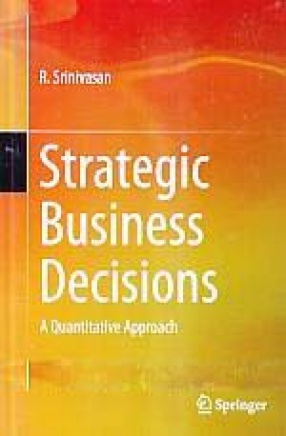
There are no reviews yet.